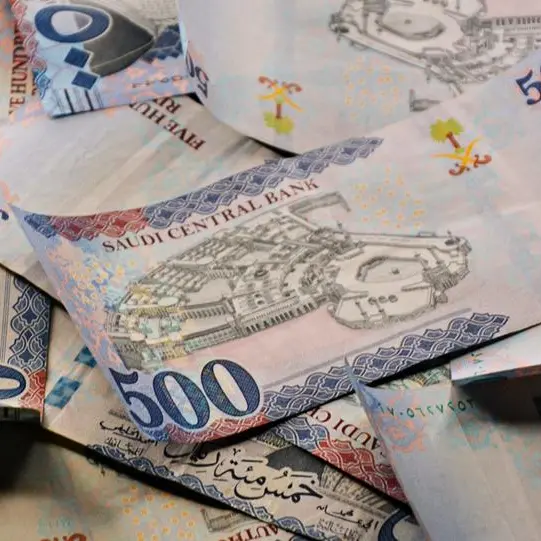PHOTO
The latest figure signalled a sharp improvement that was the strongest recorded since April 2017.
Latest survey data from the Emirates NBD Dubai Economy Tracker Index signalled a sharp and accelerated improvement in the health of Dubai’s non-oil private sector. Output and new orders both expanded at the strongest rates since early 2015, with increases in the travel & tourism and wholesale and retail sectors key drivers of May’s improvement. Reflective of strong business conditions in the sector, positive sentiment was at its highest since the series began in April 2012.
The seasonally adjusted Index – a composite indicator designed to give an accurate overview of operating conditions in the non-oil private sector economy – scored 57.6, up from 53.9 in April. The latest figure signalled a sharp improvement that was the strongest recorded since April 2017.
Wholesale and retail led the upturn on a sector basis, with an index reading of 58.3, closely followed by travel and tourism at 57.3. At 54.6, down marginally from 54.9 in April, construction was the only sector to record softer growth in May.
A reading of below 50.0 indicates that the non-oil private sector economy is generally declining; above 50.0, that it is generally expanding. A reading of 50.0 signals no change.
The survey covers the Dubai non-oil private sector economy, with additional sector data published for travel & tourism, wholesale and retail and construction.
“The sharp rise in the Dubai Economy Tracker index supports our view that growth in Dubai will be faster this year relative to 2017, but the headline reading masks the squeeze on profit margins which is also evident in the survey data. Firms, particularly in the wholesale & retail sector, cut prices aggressively to boost their output and new orders last month,” said Khatija Haque, Head of MENA Research at Emirates NBD.
Output across Dubai’s non-oil private sector increased at the fastest pace in 40 months during May. Business activity has risen continuously on a monthly basis since March 2016. According to anecdotal evidence, a sharp expansion in new order books which in turn was linked to promotional activities and strong client demand, led to rising output requirements in the sector.
Despite steep increases in activity and new work, firms hired additional staff at only a fractional pace in May. Many respondents indicated that employment growth was restricted due to efforts to contain costs.
Continuing the current phase of growth that began in March 2016, latest data signalled a further improvement in new order books. Furthermore, the rate of growth accelerated to a 39-month high amid successful promotional activities and robust demand conditions, according to panel members.
Positive sentiment towards future growth prospects reached a series-record high in May. New project wins, Expo 2020 and forecasts of robust demand underpinned business confidence.
Average cost burdens faced by non-oil private sector businesses continued to rise in May. That said, the rate of input price inflation eased from April and was moderate overall.
Increased promotional activities alongside softer input cost inflation led firms to reduce their output charges, albeit at a modest pace. Notably, reports of greater competition in the construction sector led firms to reduce selling prices at a solid pace, according to anecdotal evidence.
© 2018 CPI Financial. All rights reserved. Provided by SyndiGate Media Inc. (Syndigate.info).





















